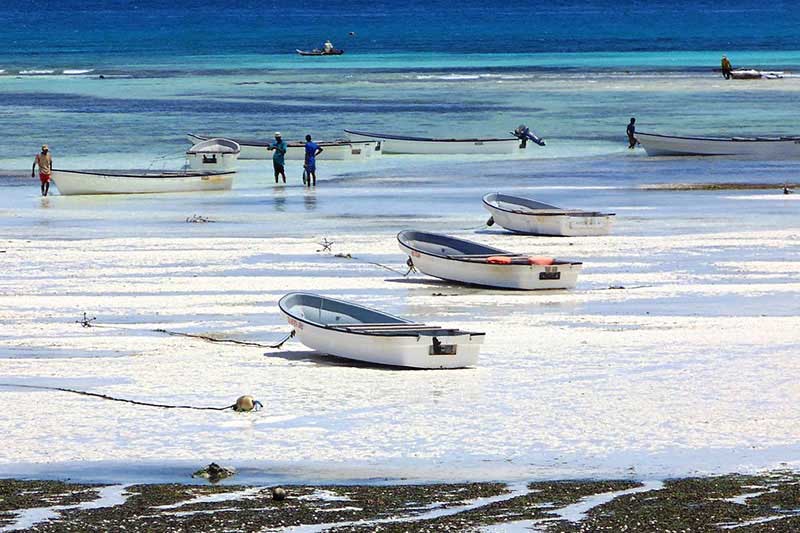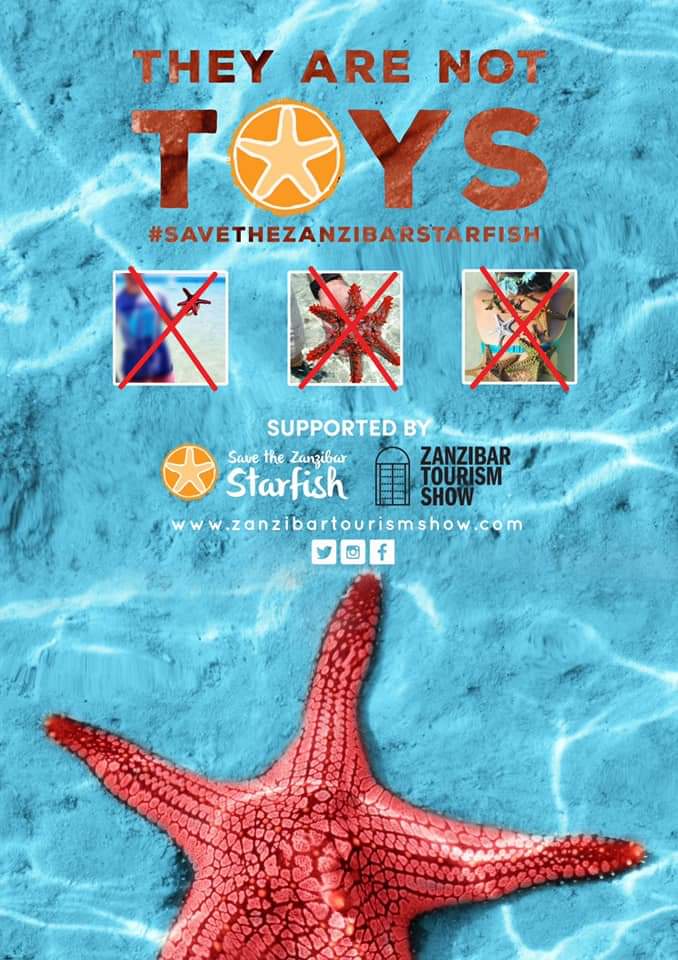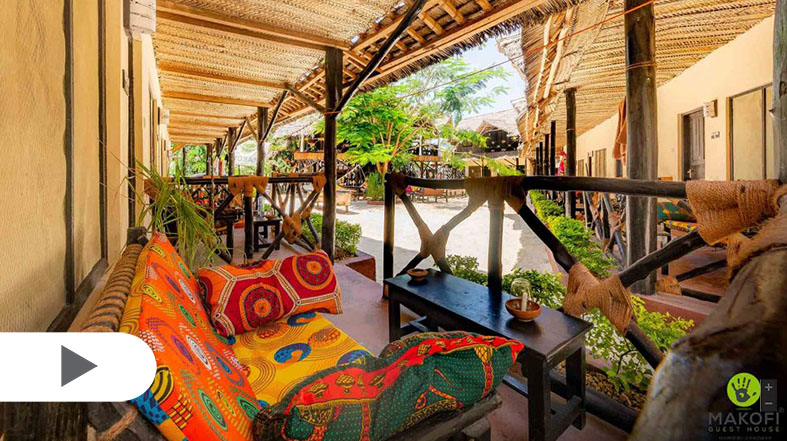Zanzibar is the island we love, we are happy to provide you with useful information and advice for your trip.
Useful information for those leaving on a trip
The Zanzibar archipelago is located in the Indian Ocean, facing the east coast of Tanzania, a few degrees south of the equator.
It consists of two main islands, Unguja (commonly called Zanzibar) in the south and Pemba in the north, and over forty smaller islands, all considerably smaller, some of which are uninhabited.
The archipelago population is 1,300,000; 220,000 reside in its capital, Stone Town.
The surface of Unguja is 1,666 sq km (the length is 85km and the width is 30km).
Swahili is the official language and 97% of the population is Muslim.
The time zone of Zanzibar is GMT+3
The climate
Zanzibar has a tropical maritime climate, strongly influenced by monsoons with minimum night temperatures that never drop below 21 ° C in the coldest months and maximum temperatures that reach 33 ° C in the hottest months.
The average annual temperature is 28 ° C and the average relative humidity is 75%.
The wettest months are April and May (rain is about 500mm).
The driest ones are January, February, June, July, August, September and October (always rain is less than 100mm).
In March, November and December rain is about 150mm.
Monsoons:
From April to November the Kuzi wind blows from south-east parallel to the east coast, while from December to March the direction reverses and the Kaskazi takes over, always blowing parallel to the east coast, but coming from north-east.
How to behave
All visitors are advised to observe a few simple rules
- When visiting the villages or Stone Town it is necessary to dress in clothes that cover the shoulders and legs at least below the knee.
- Don’t give candy or money directly to children, rather make donations to authorized charities.
- Drinking alcohol in public can offend residents.
- Nudity on the beach is not acceptable.
- Taking photographs of residents without asking their permission is considered offensive.
Vaccinations
There are no mandatory vaccinations to be carried out before leaving for Zanzibar.
The only compulsory vaccination is that against yellow fever for travelers who come from countries where this disease is endemic.
Currency, credit cards and ATMs
The local currency is the Tanzanian shilling (TZS), but it is also possible to pay directly in USD and EURO obviously with less favorable exchange rates.
Our advice, which applies to all countries of the world, is to exchange your money in local currency at a bank or at an authorized exchange office.
Here you will find the updated exchange rate. Clearly the exchange rate applied in Zanzibar will be different because it will have to include bank commissions.
We remind you that USD issued before 2006 are not accepted and that the exchange rate is better for $ 50 and $ 100 banknotes.
Credit cards are accepted almost everywhere with a commission of around 5%.
Until two years ago, withdrawal from an ATM was available only in Stone Town.
Fortunately, today you can find 3 ATMs here in Nungwi.
ATM MAP
Tides
The tides phenomenon is typical of the sea in East Africa.
In Zanzibar it is more evident because the seabed is shallow and during low tide the sea recedes a lot and leaves room for beautiful walks on the white sand stretches and on the shore.
High tide and low tide alternate cyclically every six and a half hours, so every day we will have two minimum points and two maximum points with peaks of varying magnitude depending on the moon phases.
In Nungwi the phenomenon of the tides is less pronounced due to the depth of the seabed, this means that it is always possible to have a good swim.

Where to sleep
Makofi Guest House is a property just 90 seconds from Nungwi beach and gives you the opportunity to experience Zanzibar in an authentic way, in a clean and well-kept place with a family atmosphere.
They are not toys
There are many photos on the web that show people holding a starfish in their hands and in recent years many controversies were triggered by these images.
An awareness campaign was launched with the hashtag #SAVETHEZANZIBARSTARFISH to avoid touching and pulling these fantastic specimens out of the water.
This behavior often causes death of the starfish, in fact it only takes a few seconds out of the water to risk embolisms that can be lethal even after days.










